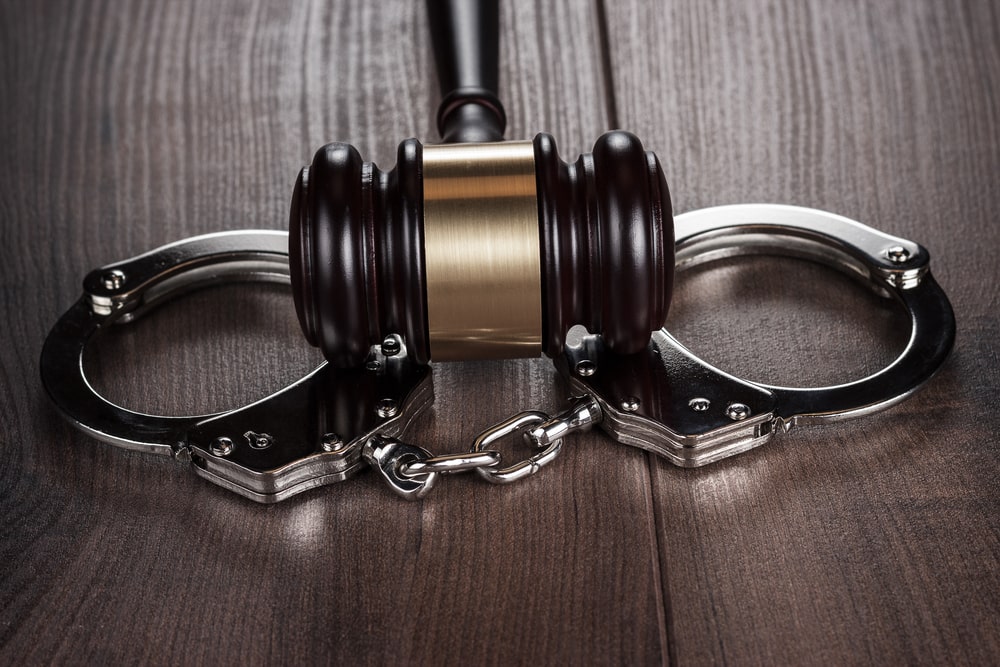A Tippecanoe County, IN criminal defense lawyer plays a crucial role in the justice system by ensuring that every individual accused of a crime receives a fair trial and a vigorous defense. Their primary responsibility is to protect their clients’ rights and to challenge the prosecution’s case at every turn, which can be particularly complex and demanding depending on the nature of the charges. Here’s a look at how criminal defense lawyers defend their clients:
Case Investigation And Evidence Gathering
One of the first steps a criminal defense lawyer takes is to thoroughly investigate the case. This involves reviewing police reports, examining evidence, interviewing witnesses, and sometimes visiting the crime scene. The goal is to gather all the facts and identify any inconsistencies or weaknesses in the prosecution’s case. For example, if there are witnesses whose testimonies differ from the police reports, the defense attorney will use this to challenge the credibility of the prosecution’s evidence.
In some cases, defense lawyers also hire private investigators or expert witnesses to provide testimony that could benefit the defendant. For instance, an expert witness might testify about the reliability of forensic evidence, or a private investigator might uncover new evidence that exonerates the defendant.
Building A Defense Strategy
Based on the evidence gathered, a criminal defense lawyer develops a defense strategy tailored to the specific circumstances of the case. There are several common defense strategies that might be employed, including:
- Challenging the Evidence: A defense lawyer may argue that the evidence against their client was obtained illegally, such as through an unlawful search or seizure. If the court agrees, this evidence may be excluded, which can significantly weaken the prosecution’s case.
- Proving an Alibi: If the defendant has a solid alibi, the lawyer will gather evidence and witnesses to prove that the defendant could not have committed the crime because they were elsewhere when it occurred.
- Self-Defense: In cases involving violent crimes, the lawyer might argue that the defendant acted in self-defense. This defense often involves showing that the defendant had a reasonable fear for their life or safety and that their actions were necessary to prevent harm.
- Insanity Defense: In some cases, the defense might argue that the defendant was not mentally competent at the time of the crime and therefore cannot be held responsible for their actions. This defense requires extensive evidence, including psychiatric evaluations and expert testimony.
Negotiating Plea Bargains
In many cases, criminal defense lawyers engage in plea bargaining with the prosecution. A plea bargain is an agreement where the defendant pleads guilty to a lesser charge in exchange for a reduced sentence or the dismissal of more serious charges. This can be an attractive option for defendants when the evidence against them is strong, as it can result in a more lenient sentence than they might receive if convicted at trial.
Defense attorneys are skilled negotiators who work to secure the best possible deal for their clients. They assess the strength of the prosecution’s case and advise their clients on whether accepting a plea bargain is in their best interest.
Representing Clients In Court
If the case goes to trial, the criminal defense lawyer’s role is to represent the client in court. This involves presenting opening statements, cross-examining prosecution witnesses, calling defense witnesses, and delivering closing arguments. The lawyer aims to create reasonable doubt in the minds of the jurors by highlighting inconsistencies in the prosecution’s case and presenting alternative explanations for the evidence.
During the trial, defense attorneys also object to improper questions or evidence presented by the prosecution and make motions to dismiss charges if they believe the prosecution has not proven its case beyond a reasonable doubt.
Sentencing And Appeals
If the defendant is convicted, the lawyer will advocate for a fair sentence during the sentencing phase. This might involve presenting mitigating factors, such as the defendant’s lack of a prior criminal record or their efforts to rehabilitate themselves. If the defense believes that legal errors occurred during the trial, they may file an appeal, seeking to have the conviction overturned or the sentence reduced.
Call Our Office For Legal Assistance
If you have been charged with a crime, do not delay in speaking with a criminal defense lawyer. To learn more, contact Hall-Justice Law Firm LLC to ensure your rights are protected.


EXCELLENTTrustindex verifies that the original source of the review is Google. Justice was very informative & kind & went above & beyond for me in every way she could . I highly recommend this attorney!!!!Posted onTrustindex verifies that the original source of the review is Google. Had an initial consult with the paralegal this morning. She was so polite, and very helpful. Listened, took my info and made the process very easy, in an area where I have a tough time finding attorney's. Thank YouPosted onTrustindex verifies that the original source of the review is Google. Mrs Hall did a great job in helping me get the best outcome for my case. I highly recommend her services.Posted onTrustindex verifies that the original source of the review is Google. I was fortunate to receive help from Susannah and her team. Susannah is a highly knowledgeable expert in her field. Although my requests was relatively straightforward for such an experienced professional, Susannah and her team provided me with outstanding support and answered all of my questions. I recommend discussing your specific situation with Susannah—even if it feels stressful—because she is excellent at analyzing circumstances and presenting clear options and potential actions. I have no doubt that Susannah and her team have the expertise to provide the best insight and guidance in their field.Posted onTrustindex verifies that the original source of the review is Google. Process went smoothlyPosted onTrustindex verifies that the original source of the review is Google. Susannah Hall-Justice is an amazing attorney! She was on top of things every step of the way and I am very thankful for her!Posted onTrustindex verifies that the original source of the review is Google. I am currently a client of hers. I do get nervous going to court or just simply meeting with her as my lawyer because I never had to be in a situation that required me to need a lawyer! I feel safe with Ms. Hall-Justice because you can just tell she has your best interest! She listens, observes and make sure you are heard! I am praying to God I don’t have to look like what I’m going through because it’s stressful and I just want to go back to my regular life with my children!Posted onTrustindex verifies that the original source of the review is Google. This attorney is definitely a credit to her craft! She is very personable and never talks down to a client. She makes a person feel like he/she is actually part of what's going on. She negotiated with the prosecutor and i was offered EVERYTHING that I had hoped for and even more! I would definitely hire her again and i highly recommend that you hire her and trust her in what is often a very vulnerable and confusing time.Posted onTrustindex verifies that the original source of the review is Google. When we needed a Lafayette attorney to represent us for various charges, Susannah was all we could have hoped for. She had several charges dropped immediately and the remaining minor charges diverted for good behavior. After two months of good behavior, all charges were dismissed. Susannah and her assistant Erica were responsive, supportive and above all very effective. All at very reasonable rates. I have worked as a criminal defense lawyer in the past and I was very impressed.Posted onTrustindex verifies that the original source of the review is Google. Impressive and refreshing. I called Susannah’s office first thing in the morning to inquire about a minor legal service and left my contact information with her assistant. Susannah personally called me back only a short while later despite how busy she undoubtedly is. It turned out that the legal opinion I required had to be from a practicing attorney in a different state so we didn’t go forward. Still, the fact that she personally returned my call, and was genuinely pleasant and attentive, substantiates her very positive and personal reviews. Not to stray into the negative but what a breath of fresh air compared to most of the attorneys with whom I’ve spoken in this area - routinely terse, rude and bumptious. This (Hall-Justice) is the law office I will call first for any future legal needs. Thank you.



